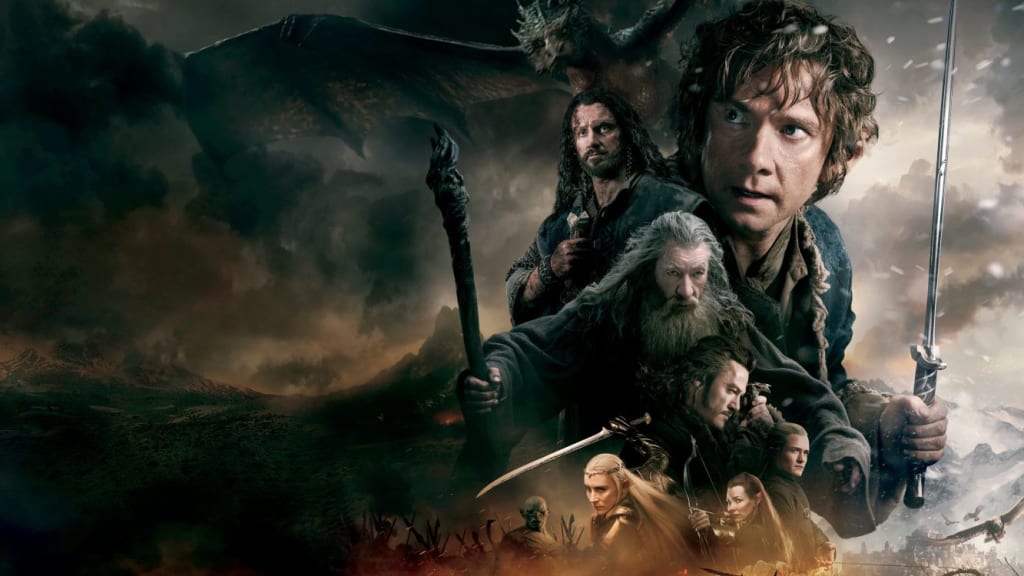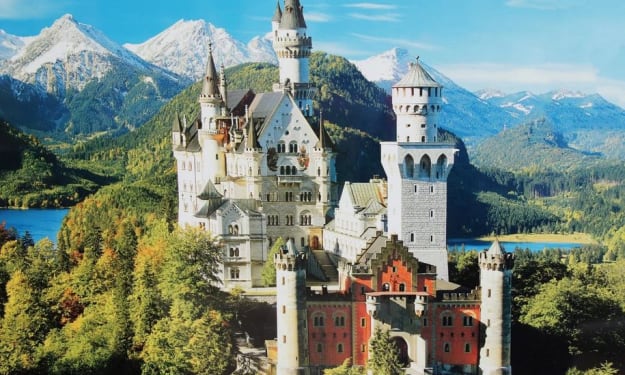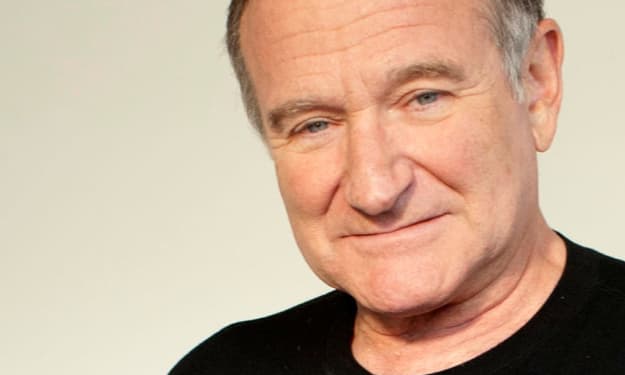Interpretation of the Lord of the rings ——The Allure of the Ring
Can anyone resist the lure of power

One might think that Frodo's "Ring line" affects the rhythm of the war line, but for Gollum's presence, it would be rather boring to watch them travel over mountains and waters and eat and eat and keep going.
So how did Frodo get to be the first protagonist in the trilogy?
Because the Ring in his hand, his fight against the Ring, is at the heart of the theme.
Sauron was Morgoth's heir, and his power was not so great by comparison, but he saw the faults of Eluvita's children, and perhaps that was why Morgoth despised the chorus. He knew that Eluvita's writing was not perfect, that beneath all the splendor and beauty there was something ugly that was hidden.
Morgoth chose to use his violence to prove it, while the cunning Sauron found ways to magnify and inspire the world's evil.
To this end, he conspired to forge a Ring that would both release evil thoughts and strengthen his power.
The Ring has unlimited power to unleash the worst of humanity. The sons and daughters of Eluvita are all equally good and evil. It is called "three days to learn evil, three years to learn good." The Ring is like a teacher who seduces others to learn evil.
If a person with a high IQ and high ability goes astray and commits crimes, the impact on society is enormous. If a "war five slag" did the damage, the impact would be much smaller.
Tolkien set the hobbit with only a power value of 5 as the protagonist, as if the evil of human nature, power desire, there is a kind of irony.
The One Ring, which Sauron had brought to conquer the world, was in the hands of Gollum the Hobbit and Bilbo Baggins, but a treasure, a plaything. Frodo had it, and he couldn't wait to give it to Gandalf.
The hobbit's hometown is located in the northwest of the Middle Earth, which is similar to Tolkien's hometown of England in the northwest of Europe. Tolkien, who loved idyllic life, undoubtedly likened himself to a hobbit. He does not deny that he has a bad side. Gollum, Bilbo, and even Frodo all show their selfish evil under the influence of the Ring, but to different degrees.
Gandalf refuses to accept the ring Frodo offers. Both he and the Queen acknowledge the power of the ring and the evil of human nature, including the "gods" themselves.
Truly wise people are not completely free from evil, but they are able to clearly recognize their own evil and "humbly" avoid it.
In contrast, Boromir, who represented the human race, tried to use the power of the Ring against Sauron, but he was already corrupted by it. The arrogance of men will destroy them.
Only if Frodo has the Ring can its power be restrained as much as possible.
Only Frodo has the power to carry the Ring all the way to Mount Doom without being easily corroded.
Maybe Sam could, but Gandalf wouldn't want to risk anyone else trying to have the damn ring, because Gollum was the best warning.
Frodo stood up bravely, and his courage inspired others, and the Fellowship of the Ring was founded.
The Fellowship of the Ring exemplifies the importance of multiracial integration, when the races play against each other, the devil is in danger, and the world is in danger; On the contrary, there is a chance to defeat the devil and destroy the Ring of evil.
Tolkien wanted the people of the world to unite. When people of all colors, creeds, and classes work together, our world is stronger than ever. This is an important revelation that his works bring to the real society.
Unfortunately, the reality is cruel.
Under the influence of evil, the expedition was invaded at home and abroad, and was finally forced to disband. In reality, discrimination and conflicts between different races and classes are still a serious problem.
In Lord of the Rings 2, the unprotected Frodo has to deal with not only the hostile environment, but also the "evil invasion" of the Ring. Perhaps Tolkien didn't think the suspense was enough, so he added the biggest and most deadly danger of all: Gollum.
Gollum was the masterstroke of the Lord of the Rings series, not only revolutionizing CG technology, but also epitomizing the essence of the books.
A widely held view is that Gollum and Frodo are two sides of the same body, neither of whom has much ambition, and neither of whom the Ring can really work. This does not mean that the power of the Ring does not work at all, only at different times.
The Ring immediately killed Smeagol, Gollum's psychological defense, and Gollum lived only for the Ring.
Frodo and Bilbo would have been well educated, their good far outnumbered their evil, and the Ring would only have been able to open their hearts slowly, forcing out their selfish nature at a given time. Bilbo did not seem to be much affected from beginning to end, and only revealed his desire when he gave up the Ring. Frodo's journey to Mount Doom, however, is starting to get a little bit strained. Gollum's interference is one thing. It's also important to note that Frodo is in an extreme situation.
Extreme circumstances always bring out the most human. All kinds of party food for the sun and rain every day, for who will be unhappy, at the beginning of a strong sense of mission, responsibility drove him forward, he was desperate, but with the passing of time, fickle mentality gradually replaced the will of blood, the Ring also has a chance.
Sam could see clearly that Frodo's three difficulties were:
Guru;
Broken places;
Lord of the rings.
In Lord of the Rings 3, near the critical moment of Mount Doom, Frodo's psychological defenses begin to crumble. His responsibility for the Ring slowly turned to possessiveness, and his reluctance to share it with others overwhelmed him.
His thinking was clearly no longer clear.
Gollum is basically on the right track, but he's taking Frodo off course, and Frodo, now in his bad brain, is beginning to get confused about the original purpose of keeping the ring.
Frodo is completely lost.
The fall of Mount Doom means that Frodo is defeated by the Ring after all.
Most viewers know that he will eventually drop the ring into Mount Doom to help mankind win. The final twist was thought-provoking.
Arguably, Lord of the Rings would have been much less profound without the final twist.
Completely defeated, Frodo has forgotten his mission, his companions, and the millions of Middle-earth people behind him. He is a prisoner of the Ring.
Just like Gollum.
If no one pulls him back, he'll be the next Gollum.
His final fight with Gollum echoes the fight between Smeagol and Dergo at Then something dramatic happened.
It wasn't Frodo who destroyed the Ring with great will or heroism or whatever. It's his and Gollum's desires.
It is desire itself that destroys the Ring.
Why do I write it this way?
I fear the Ring represents not only the ugliness of human nature, but also the power of modern civilization, industrial technology.
Tolkien began writing his novel in 1930. At that time, the West had experienced two industrial revolutions, and people's lives were at a turning point. A large number of new inventions brought convenience, but also eroding human beings. In 1936, Chaplin criticized the harm of industrialization in Modern Times.
This "industrial power" not only makes people greedy, but also destroys nature, just as Sauron made the Ring and Saruman made the Uruk-qiang "black technology".
The desire to destroy the Ring, in an overinterpretation, is Tolkien's warning to later generations that greed for the power of industrial technology will eventually lead to human self-destruction.
Sam, of course, if the Fellowship of the Ring were to pick an MVP, it would be him.
Without him, Frodo would have been either killed outright by Gollum, starved to death, or turned into food for the great spiders. It was he who had pulled Frodo back from the brink of the abyss.
The Lord of the Rings is hardly a heroic film, but rather a demonstration of the "power of friendship", where victories are achieved through "cooperation".
This is true of Aragorn's line of war, and even more so of Frodo's line of the Ring.
After all, Frodo is only a man, his own strength is not enough to help him accomplish his mission, only with the strength of Sam's friendship, he has a chance to do it.
Sam's encouraging line to Frodo at the end of Lord of the Rings 2 is arguably one of the most memorable lines in the film and the series.
He helped Frodo fulfill his destiny, but he couldn't heal Frodo's pain.
The Ring will hurt Frodo forever. He will always remember that he was a prisoner of evil, greed and selfishness.
He always remembers, so always on guard.
Because if one is not careful, even without the Ring, a bad idea can come in and technically "break out". Whether you are a god or a man, evil is born.
Of course, kindness is also inherent.
That's why we fought.





Comments
There are no comments for this story
Be the first to respond and start the conversation.